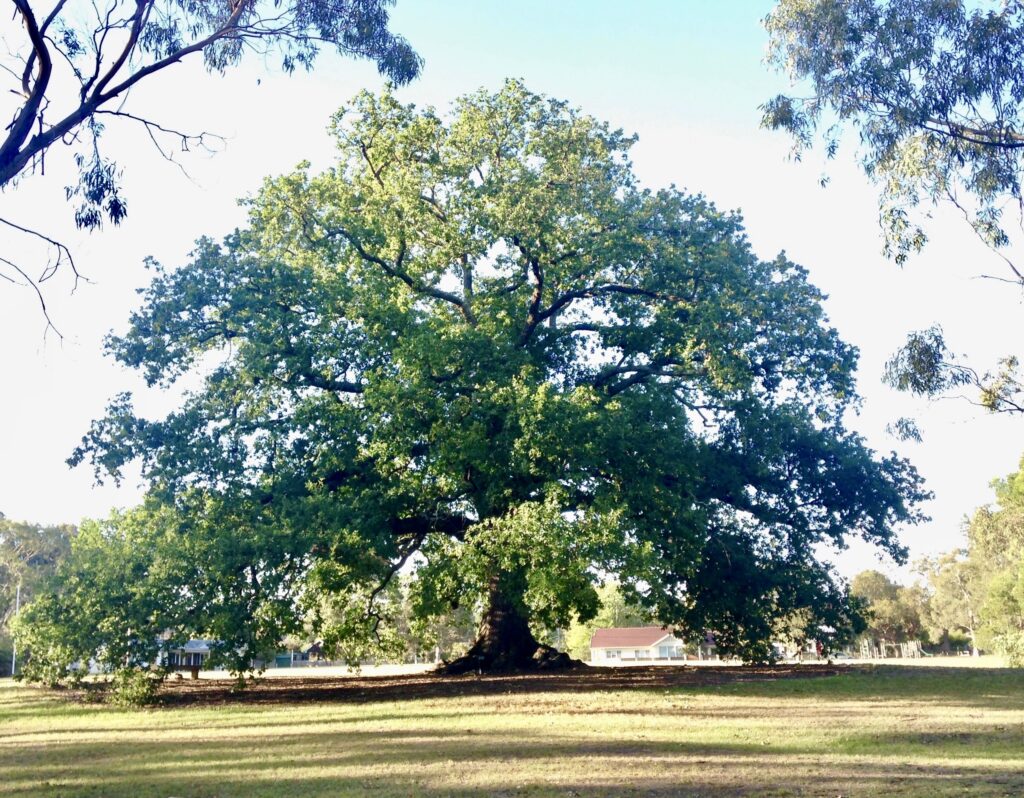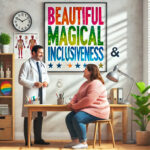Sharing our story gives others permission to share their story too

Sharing our story gives others permission to share their story too
As I ‘came out’ and began to share my story publicly through my memoir, A Girl Called Tim (2011), an amazing thing happened.
Shame, stigma, and secrets that had been the bane of my life for decades, were quelled. Rather than remain quiet, my diaries ‘came out’ too. For instance, besides providing the main data source for A Girl Called Tim, the diaries became a resource of documented lived experience, assisting the dissemination of science-based knowledge and evidence-based treatments in books for health professionals and mainstream readers.
Additionally, the creation of a website as a companion to my memoir led others with experience of eating disorders and other mental health challenges to share how they had identified and connected with my story in a way that gave them permission to share their stories too. Many adult readers wrote at length, explaining that they had felt isolated and had kept their mental health challenges a secret for decades, but upon reading, connecting, and identifying with my story, felt empowered to share and externalize their pent-up thoughts and experiences for the first time.
Revelation – a foe as well as friend
I am grateful to these heartfelt reader responses for several reasons. The first was because we all felt less alone, and our togetherness generated hope. The second reason was more profound. Reflection on the reader responses sparked within me a revelation that perhaps my friend the diary had been destructive as well as constructive throughout my long illness. This insight in turn became the catalyst for my PhD in Creative Writing (2014-2017), investigating how diary entries might be used in writing a book to assist people in healing from and eating disorder.
Upon observing and studying my own diary records, I was shocked to discover the extent to which this private friend had been an accomplice of my own illness. The two had been in collusion over many years. Yet, despite this illness-driven self-deception, diary writing had helped me to function and survive during decades of chronic mental illness. Moreover, with the right therapeutic intervention, the diary had helped me to reconnect with and reconstruct a long-suppressed true identity.
My diaries had helped me to develop the ability and skills to live a full, rather than part, life. But did my healing journey have to be so long and tortuous? How much did the diary help and how much did it hinder my recovery? Could the diary have provided a more pro-active role in healing? I wanted to find out.
Using the diary as power tool for self
Keeping a diary and writing a memoir contributed greatly to my healing from a long-term eating disorder and to my process of self-renewal. Letting my inside story out, writing and placing my truth in the light, had the amazing effect of neutralising my combative negative voice. I was able to be openly me, no longer wearing a mask to hide a struggle within.
Building on this base my PhD, undertaken in my 60s, enabled me to study the diary’s usefulness more widely. My investigation found scant reference in the literature on the effect of diary writing in the specific area of eating disorders and little evidence-based literature on the diary’s influence during the process of disconnection and reconnection between body and identity.
These gaps in the eating disorder literature inspired Using Writing as a Therapy for Eating Disorders – The Diary Healer (2016), the creative work in my PhD. Seventy private diarists, sourced through my weekly blog, became my research participants, generously sharing excerpts from their personal diaries to help me explain the pitfalls and benefits of diary writing and, specifically, to explore the ambivalent relationship with body and identity that can occur when experiencing an eating disorder.
The diarists, backed by insights from researchers and health practitioners, became my book’s voice in describing the role of the diary in self-healing and renewal.
Growing call for experts in lived experience
When Using Writing as a Therapy for Eating Disorders – The Diary Healer was published, the collaborative sharing among people with lived experience continued. These invaluable voices of experience have blossomed beyond the book in the weekly blog accompanying the launch of www.thediaryhealer.com in January 2017. Today, six-and-a-half years later, the voices of experts in lived experience are respected and encouraged in both research and treatment. This is an extremely gratifying turnaround!
…celebrate your story…
Now, in 2023, it is time to move along and focus on writing about the life we each create when self-healing transitions to self-growth; when we change our inner voice from negative to positive; when we courageously stop self-harming and start self-loving; and when we push aside shame and stigma and embrace opportunity.
Whether you are an adolescent or an octogenarian, or any age between, lifestoriesdiary.com is for you.
You may not have experienced an eating disorder (hopefully, you have not) but you likely will have faced other personal trials. Despite carefully laid plans, life does not always turn out the way we want. Growth comes in the way we respond to our challenges. When we keep a diary of our journey, we can later change from the role of participant to that of observer and reflect on these life lessons. These are the stories that connect with, and inspire, others. Through our stories we can help ourselves heal, we can develop self-compassion, we can forgive, we can grieve, and we can repackage painful but irretrievable losses in a way that allows us to not only move on but to soar.
You don’t have a diary?
Don’t worry, I can help you write your story
Importantly, if you have not kept a diary regularly or at all, I can help you write your story, your truth. I can help you piece your memories together and place them on the page. We can source other records to help your map your story. Your life experience counts!
I hope you enjoy exploring this new home, lifestoriesdiary.com, as much as I have enjoyed designing and furnishing it. The door is always open. Come on in and share your story or ask me for help to share your story! There is room for all of us. You are welcome!





